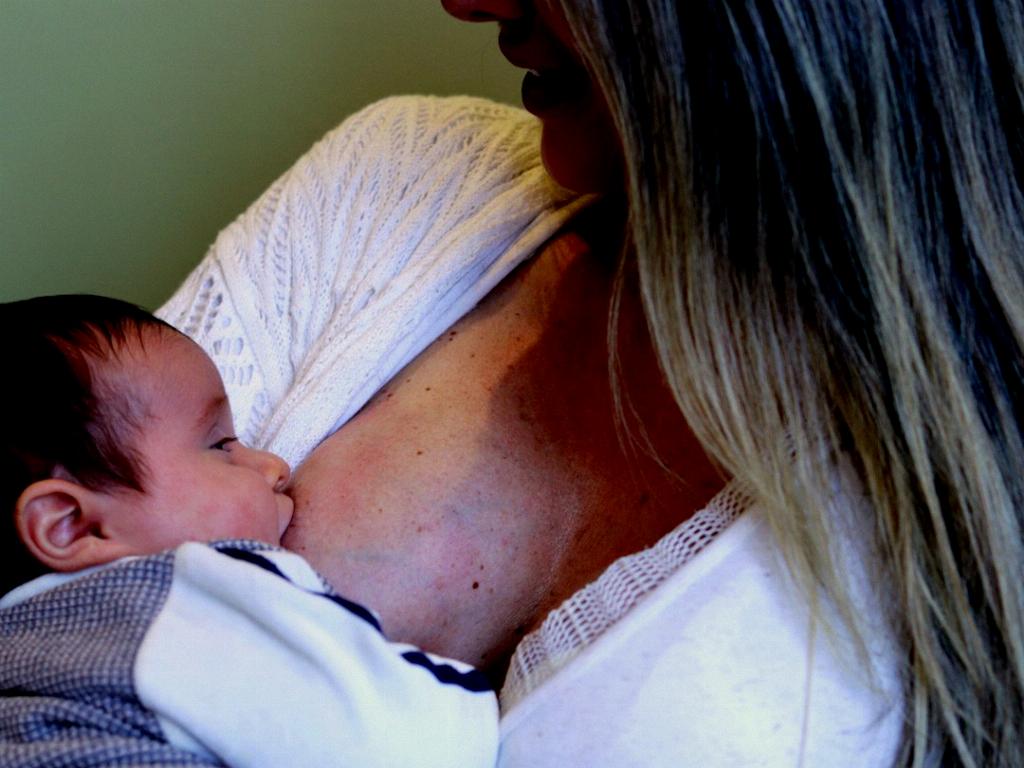When diving into the complexities of why breasts might emit a less than pleasant scent during the breastfeeding journey, it’s essential to consider various factors that could contribute to this occurrence. One significant aspect to explore is the importance of maintaining proper hygiene practices.
Hygiene Plays a Crucial Role
According to the insights shared by Dr. Alex Kakoraki, a knowledgeable general practitioner, the lack of adherence to hygiene measures can result in an unpleasant odor emanating from the breasts. This scenario is particularly likely when mothers overlook the necessity of changing clothes tainted by breast milk.
The Impact of Milk Residue
Another vital aspect to consider is the potential presence of milk residue on the skin. When milk lingers on the breast or surrounding areas, it can create an environment conducive to bacterial growth. This, in turn, could lead to the development of an unappealing smell.
Effective Cleaning Routines
To combat the issue of smelly breasts while breastfeeding, establishing a consistent and thorough cleaning routine is key. Ensuring that the breast and nipple area is cleaned after each feeding session can help mitigate the chances of odor-causing bacteria forming.
Proper Ventilation and Fabric Choice
Opting for breathable fabrics and ensuring adequate ventilation in the chest area can also aid in preventing unwanted smells. Fabrics that trap moisture can exacerbate the situation, so selecting materials that allow the skin to breathe is advisable.
Addressing Fungal Infections
In some instances, the presence of a fungal infection such as candidiasis can contribute to malodorous breasts. Seeking medical advice if you suspect such an infection is crucial, as targeted treatment may be necessary to resolve the issue.
Assessing Dietary Choices
Believe it or not, the foods you consume can impact the scent of your breast milk. Certain strong-smelling foods like garlic or spices can influence the odor of breast milk, which could potentially contribute to smelly breasts.
Staying Hydrated
Remaining adequately hydrated is not only essential for overall health but can also play a role in ensuring your breast milk remains at optimal quality. Dehydration can lead to more concentrated and potentially odorous breast milk.
Maintaining Regular Breast Pump Cleaning
For mothers who utilize breast pumps, a crucial step in preventing smelly breasts is to maintain a strict cleaning schedule for the pump parts. Residual milk left in the pump components can foster bacterial growth and contribute to unpleasant smells.
Monitoring for Signs of Infection
It’s important to stay vigilant for any signs of infection in the breast tissue, such as redness, warmth, or pain. Infections like mastitis can not only lead to smelly breasts but also pose risks to overall breastfeeding health.
Seeking Professional Guidance
If the issue of smelly breasts persists despite diligent hygiene practices and lifestyle adjustments, consulting a healthcare provider is recommended. They can offer personalized advice and interventions to address the underlying causes.
Final Thoughts on Smelly Breasts While Breastfeeding
In conclusion, while dealing with smelly breasts during breastfeeding can be distressing, understanding the potential reasons behind this occurrence and taking proactive steps to address them can help alleviate the issue. By prioritizing hygiene, making mindful lifestyle choices, and seeking appropriate medical support when needed, mothers can navigate this challenge with greater ease.

